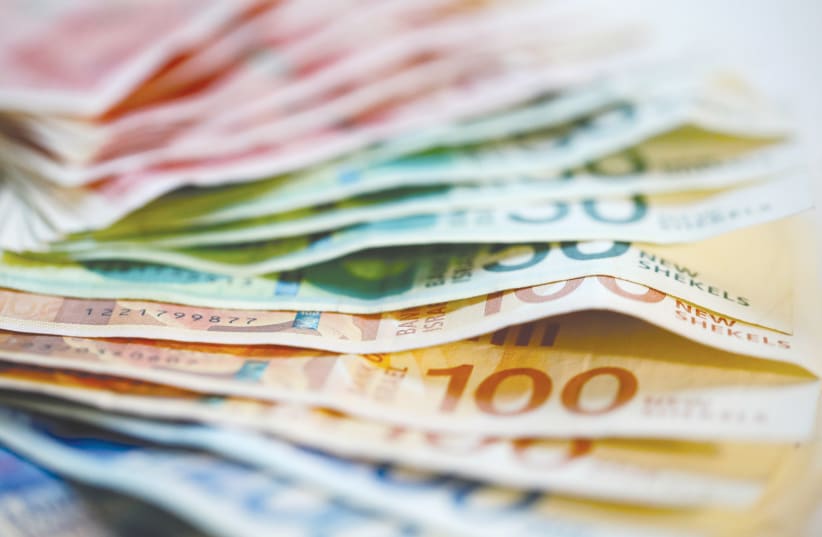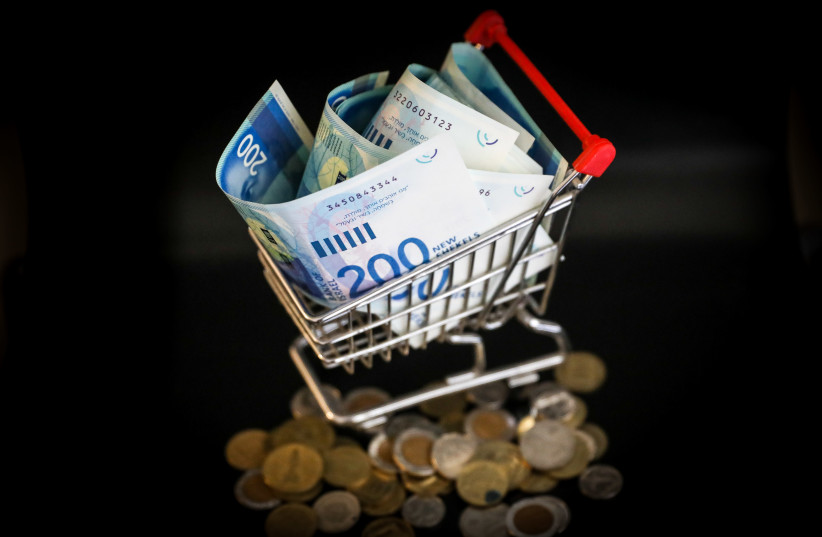Israel’s gross domestic product increased by 2.4% in the third quarter of the year, the Central Bureau of Statistics said on Tuesday.
Private consumption increased by 0.7% compared with the previous quarter. Exports increased by 7.5%, while imports increased by 2.7%, CBS said.
The new numbers continue to show that Israel’s economy is recovering strongly from the corona pandemic.
On Monday, the Finance Ministry said Israel’s economy is on track to show growth of 7.1% for 2021, and then another 4.7% in 2022, as private consumption and tax revenues continue to rise. The ministry had previously forecast 5.1% growth this year.
On Tuesday, international credit rating company S&P affirmed its sovereign credit rating for Israel at AA- with a stable outlook. The rating was based on Israel’s diversified and robust economy, strong external accounts, and optimal debt structure, despite increased geopolitical risks. It said the country’s strong hi-tech sector and natural gas production, as well as its efficient vaccination program, bode well for economic growth.
The formation of a government after two years of political instability, passing the state budget, and the multitude of reforms set out in the Economic Arrangements Law are also positive developments, S&P noted.
Last week, Fitch Ratings affirmed Israel’s sovereign rating at ‘A+’ with a Stable Outlook. Moody’s rates Israel as Stable A1.
Israel’s CPI rose just 0.1% in October, CBS said on Monday, bringing inflation to 2.6% since the beginning of the year, or 2.3% over the last 12 months.
The strong shekel, trading at NIS 3.09 to the dollar on Tuesday, is helping to keep price levels from rising further.
Housing prices rose by 0.7% during August-September, CBS said in a separate report released on Monday. Over the past 12 months, average home prices in Israel have jumped 9.9%.

